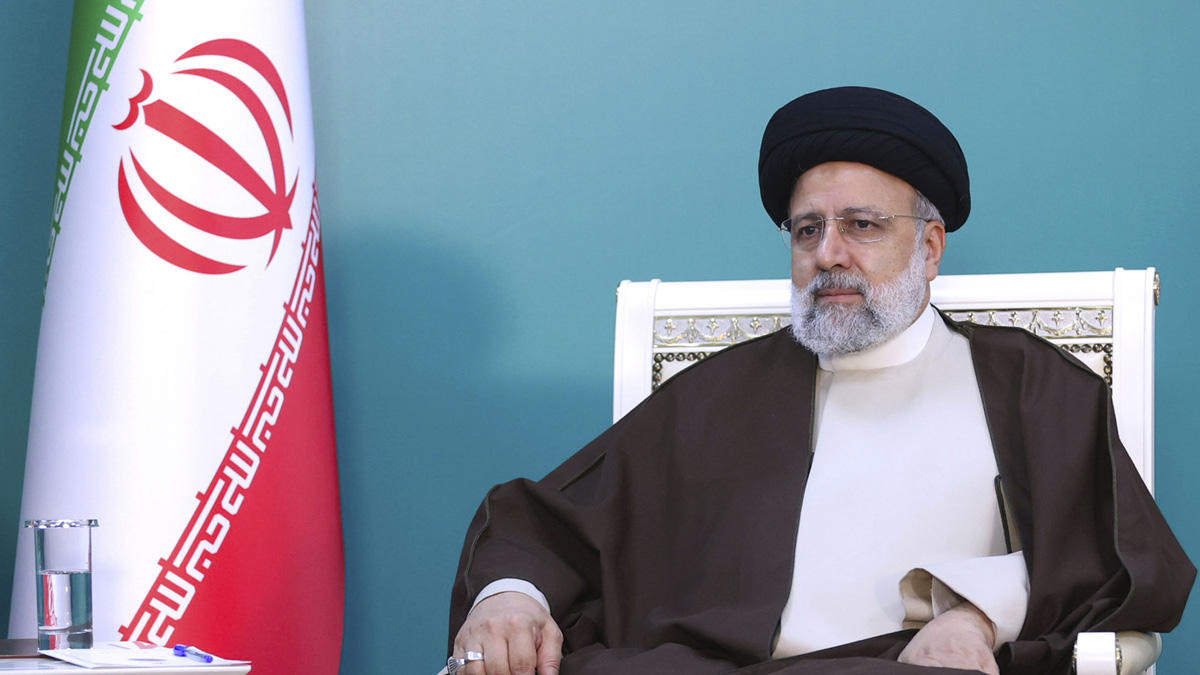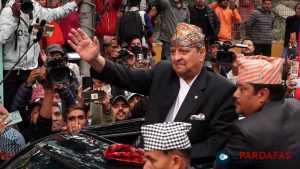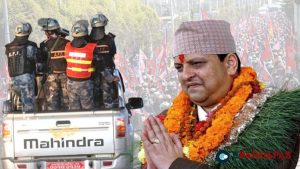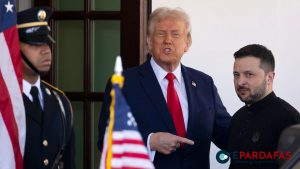
Analysts Say Raisi’s Death Unlikely to Alter Iran’s Foreign Policy
The death of Iranian President Ebrahim Raisi in a helicopter crash is expected to lead to a period of political instability, but analysts believe it is unlikely to significantly alter Iran’s foreign policy or its role in the Middle East.
Raisi, a hardline cleric, was considered a leading candidate to succeed the 85-year-old Supreme Leader Ali Khamenei, who holds ultimate authority in Iran. His death poses a challenge to the country’s authorities in maintaining the stability of the political system.
However, experts predict continuity in the Islamic republic’s foreign policy, which is primarily controlled by Ayatollah Khamenei and the secretive Supreme National Security Council. “A successor may emerge who is as conservative and loyal to the system as Raisi was,” said Ali Vaez, an Iran specialist at the International Crisis Group. “On foreign policy, the supreme leader and the Islamic Revolutionary Guard Corps (IRGC) will continue to dominate strategic decisions,” he stated on social media platform X, anticipating “more continuity than change.”
Farid Vahid, an Iran expert at the Fondation Jean-Jaures, noted that Raisi was closely aligned with the IRGC, allowing the Guard Corps considerable freedom in the region. “Decision-making was very fluid because he was completely subservient to the leader,” Vahid told AFP. He emphasized that the key challenge for Iranian conservatives is to find a replacement who will be elected without causing major issues.
Iran is scheduled to hold presidential elections within 50 days to replace Raisi, with Vice President Mohammad Mokhber, 68, assuming interim duties.
‘Status Quo’
Raisi’s death comes amid heightened tensions between Iran and Israel following the outbreak of the war in Gaza after Hamas’s attacks on Israel on October 7. These tensions peaked in mid-April when Iran launched an unprecedented attack against Israel, deploying 350 drones and missiles, most of which were intercepted with the help of the United States and other allies.
Tehran also supports the Axis of Resistance against Israel, a network of armed groups including Lebanon’s Hezbollah, the Palestinian Islamist movement Hamas, and the Houthi rebels in Yemen. “It will be status quo,” Jason Brodsky, an expert at the Middle East Institute, said regarding Iran’s relations with these groups. “The IRGC reports to the supreme leader and liaises with Hezbollah, the Houthis, Hamas, and the militias across the region. The modus operandi and the grand strategy of the Islamic republic will remain the same,” he told the BBC. “The strategic decision maker in the system is the supreme leader, the president is an implementer.”
Iran denies ambitions to acquire nuclear weapons but has ceased compliance with its commitments under the 2015 nuclear deal, known as the Joint Comprehensive Plan of Action (JCPOA), after the United States’ unilateral withdrawal in 2018 under then-President Donald Trump, which led to the reimposition of sanctions on Iran.
‘A Few Nuances’
Following the crash, Iran’s long-time nuclear negotiator Ali Bagheri was named acting foreign minister, replacing top diplomat Hossein Amir-Abdollahian, who also perished in the crash. “The Iranian foreign ministry already has a new head and the same priority: negotiations on the nuclear program,” Hasni Abidi, director of the Study and Research Centre for the Arab and Mediterranean World in Geneva, said on X.
Brodsky stated that “Iran’s nuclear program and the decision-making surrounding it will remain unchanged because at the end of the day it’s the supreme leader and the Supreme National Security Council which are overseeing the nuclear file.”
The ultraconservative Raisi, 63, had been in office since 2021, during which Iran has experienced mass protests and an economic crisis exacerbated by US sanctions. Abidi suggested that the search for the next supreme leader—not the death of the Iranian president—would be the real game changer. “Raisi was the future leader. He had the support of all the elements of the system,” he said.
Vahid concluded that significant changes in Iran’s foreign policy towards Israel, the United States, or its nuclear program would only occur if there were “a change of the regime.” He remarked that Raisi’s death might introduce “a few nuances, a few differences,” but no major change should be expected “as long as the leader is alive and the Guards are there.”













Comments